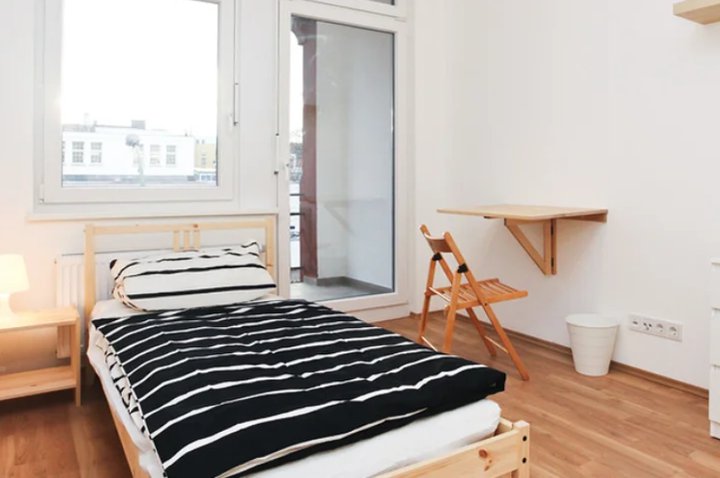Photo: Medici Living Group
This is one of the conclusions drawn from CBRE‘s new report "Europe Co-Living", which analyses the economic, social and real estate trends that created by these new type of assets in Europe and the dynamics of six cities – London, Amsterdam, Berlin, Madrid, Milan and Vienna – where the co-living format is more established.
This is a hybrid segment that «mixes» traditional housing rental and student residences. Private housing has a strong complement in common areas and the use of several integrated services and has been registering a strong growth to meet the demand for quality housing with a community spirit within urban centres, mainly directed towards young professionals.
According to CBRE, on the one hand, the prices’ exponential growth (around 45% since 2013, in Portugal’s case) has been hindering access to housing and on the other hand, international mobility allowed companies the possibility of attracting foreign talent from anywhere in the world. Besides that, the changes to working models, the increase in the feeling of loneliness and the dissemination of the sharing economy «lead people to rethink the environment on which they want to live». With the increase in remote work, «this offer is becoming increasingly more attractive», along with the possibility of signing cheaper contracts with more flexible durations.
Cristina Arouca remarked that «the number of tenants has been increasing all over Europe, not only because of financial restrictions but also due to the need for flexibility. Co-living is a housing solution which responds to the growing number of people who are looking for a rental, as well as the need for socialisation and belonging».
In Portugal’s case, the country «still has a small proportion of households with rental contracts: 26% in Portugal vs 31% on average within the European Union (in 2018), which means there is a lot of potential for development», she identified.
Nuno Nunes, Director of Capital Markets at CBRE Portugal, added that «in Portugal, there are already some co-living concepts, although most have reduced offer and were not created from scratch with that intent. However, there are already developers creating units from scratch and with some dimension and the first two opened this year in Santa Apolónia and Carcavelos and were developed by Smart Studios».
However, this is an increasingly more attractive market. According to Nuno Nunes, «international operators specialised in exploring these types of units are not yet active in Portugal, despite several of them having already revealed their interest in entering our country». He is convinced that «Portugal shows the main fundaments for the development of this concept and as such, CBRE predicts that soon there will be more projects».

